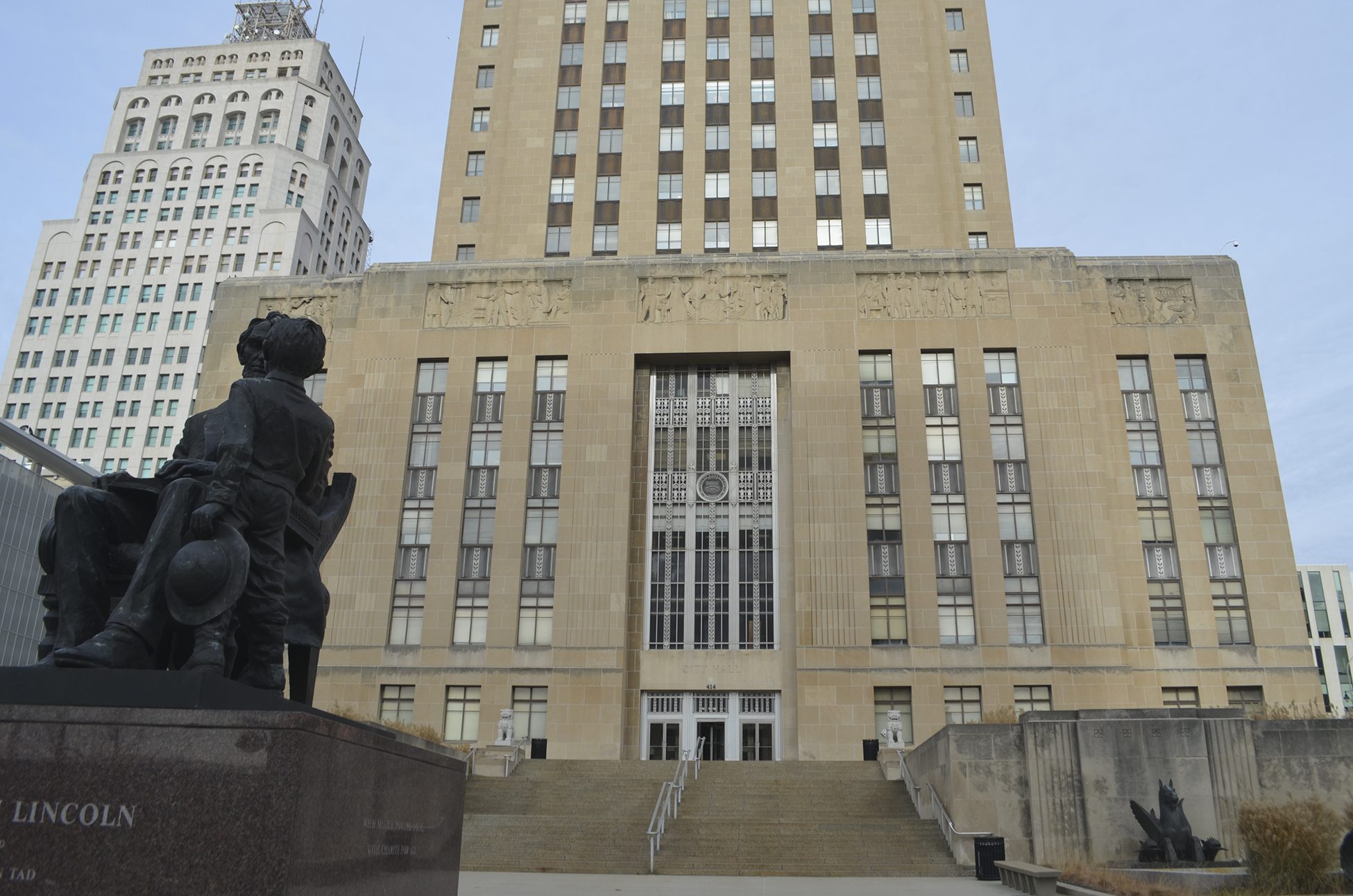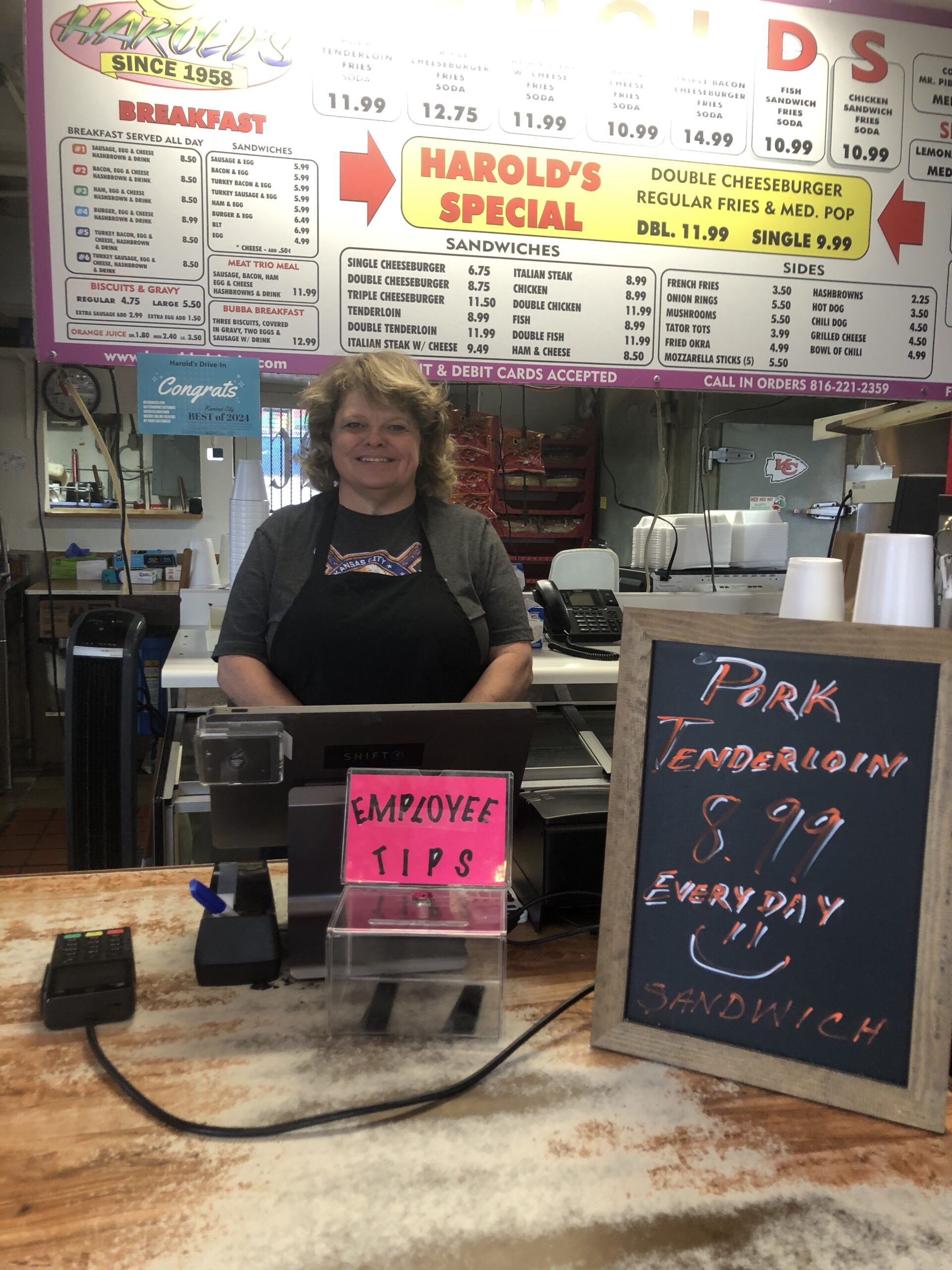 By Paul Thompson
By Paul Thompson
Northeast News
May 17, 2017
KANSAS CITY, Missouri – City Council members took aim at the preliminary first-year General Obligation Bond project list during a business session on Thursday, May 11.
City Manager Troy Schulte’s list, which sought to identify backlogged and shovel-ready projects, went through the ringer during the meeting as Council members grappled over how to prioritize the first $40 million in GO Bond project funding. Several of Schulte’s priority projects appeared to be unsafe from the chopping block, including $4 million in dedicated funding for the renovation and restoration of the Kansas City Museum’s Corinthian Hall.
Fourth District Councilwoman Katheryn Shields kicked off the criticism in earnest, expressing her disappointment that the initial $40 million in allocations recommended by City staff contained only $6 million in funds to address the backlog of sidewalk repair needs throughout the City. In Shields’ eyes, a vast majority of the first-year spending should be allocated for the rebuilding of the City’s transportation infrastructure. In order to free up more funding to rebuild streets and sidewalks, Shields suggested that shovel-ready projects like the Kansas City Museum could be shelved for the time being.
“It seems to me that this is a project that we could hold off for a few years,” said Shields of the Corinthian Hall renovations.
Third District Councilman Quinton Lucas also expressed reservations about supporting the City Manager’s recommended project list without alterations, pointing out that the Council made promises to constituents when it passed Resolution No. 160951 ahead of the April 4 G.O. Bond vote. Section 7 of the Resolution specifically calls for the Public Improvements Advisory Committee (PIAC) to “review and comment on the City Manager’s recommendations to the Council” before proceeding with GO Bond projects, in order to ensure that proceeds are distributed fairly throughout the city.
Furthermore, Lucas pointed out that Section 8 of the Resolution dictates that a Community Benefit Agreement should be implemented along with any General Obligation bond project that exceeds $300,000 in cost. The benefit agreements would be intended to “support local workforce development and employment opportunities, particularly among historically underrepresented groups, and continuing to increase the number of local, women-owned, and minority-owned business firm contracts with the City relating to infrastructure projects.”
According to Lucas, the tenets described in Section 7 and Section 8 of the Resolution were not in place before the recommended project list was distributed. He’d like to see the language of the Resolution met before funds are allocated.
“I would encourage you, and I don’t know if we can get it done next week…I’d like an update on where we are with the Community Benefit Plan,” said Lucas. “I’d like to know how we plan to work with PIAC, and I’d like that done soon.”
Fifth District Councilwoman Alissia Canady spoke strongly against the recommended project list during the work session, contesting that 5th District projects weren’t properly prioritized and that due diligence was lost in the rush to get the ball rolling.
“I don’t understand how the prioritization of these projects came about,” said Canady. “There are a number of steps that were skipped in this process.”
Council members Dan Fowler of the 2nd District and Scott Taylor of the 6th District acknowledged the difficult position but spoke up in favor of keeping another promise that was made during the extended sales pitch ahead of the GO Bond vote: to target shovel-ready projects right off the bat.
“I’m in favor of getting the initial shovel-ready projects done as soon as possible,” said Taylor. “I say we just move forward as quickly as possible.”
Another project that caught the attention of the Council was the $3.6 million expenditure for the reconstruction of streets, sidewalks, and storm water infrastructure in the southwest quadrant of Beacon Hill, between 25th Street and 27th Street. Canady spoke out against spending valuable bond proceeds in year one of a decades-long plan on a portion of Kansas City that has already seen significant investment. She noted that it’s not in the best interests of a Blue Hills resident to fund an infrastructure project for a half-million dollar home in Beacon Hill.
John Wood, Director of the Neighborhoods and Housing Services Department, replied that the City is obligated to fund infrastructure in Beacon Hill because of the federal dollars that have previously been funneled into the area.
“It started off as a City project that utilized federal dollars,” said Wood. “HUD is expecting this to be complete within a 10-year window.”
First District Councilman and Mayor Pro Tem Scott Wagner advised against reading too much into the first year of a 20-year process, and acknowledged the dangers of putting off the Beacon Hill project until a later date. Wagner indicated that if funds aren’t dedicated to Beacon Hill as part of the local match soon, the City could be expected to cut a check to the federal government.
“Because there are federal dollars involved in Beacon Hill, there are federal expectations and federal obligations,” Wagner said. “However it gets satisfied, they don’t care, but it has to get satisfied nevertheless.”
The GO Bond conversation at City Hall is only just beginning, as a joint committee is expected to be convened this week. Check the KCMO City Clerk’s website for a time and date.

















